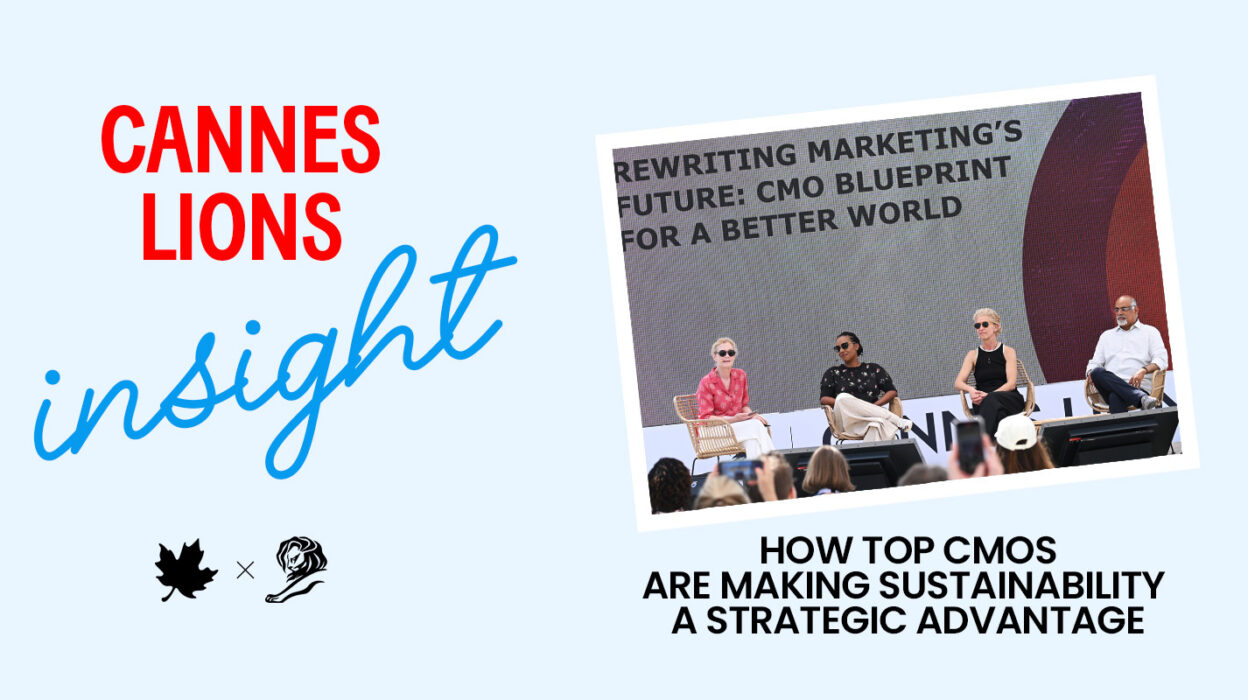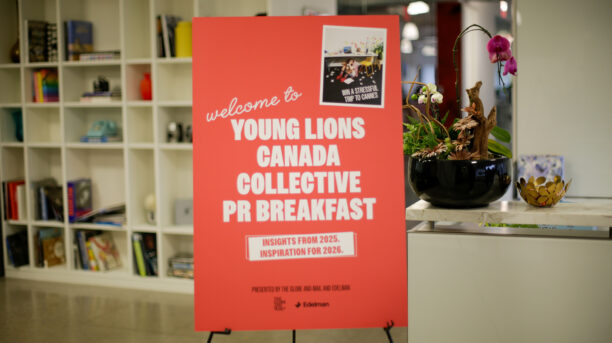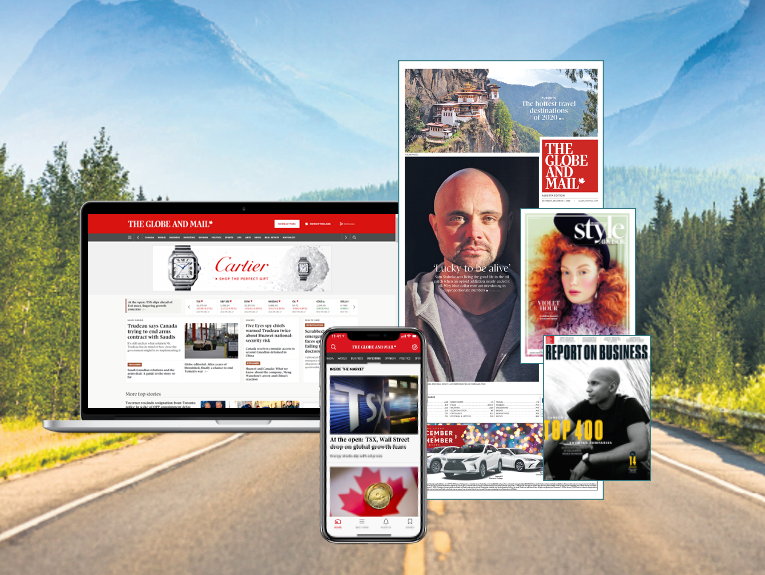As climate change accelerates, brands must do more than just sell – they need to lead.
Today’s marketers have the power to drive meaningful change, not just through campaigns, but by shaping how their companies operate and grow. To support this shift, the United Nations Global Compact introduced the CMO Blueprint for Sustainable Growth: a practical framework, annual study, and resource hub designed to help marketing leaders embed sustainability into their strategies.
At Cannes Lions 2025, Sue Allchurch, Chief of Outreach and Engagement at the UN Global Compact, hosted a panel with Khensani Nobanda, Group Executive of Marketing at Nedbank; Raja Rajamannar, CMO at Mastercard; and Cristina Diezhandino, CMO at Diageo. Together, they unpacked what it truly means to lead with purpose, demonstrating that sustainability and business growth aren’t mutually exclusive.
Here’s how these top CMOs are weaving sustainability into the fabric of their marketing strategies.
Rethinking What “Sustainability” Means
The panellists emphasized that to integrate sustainability into your business, you must have an agreed-upon definition and an actionable plan.
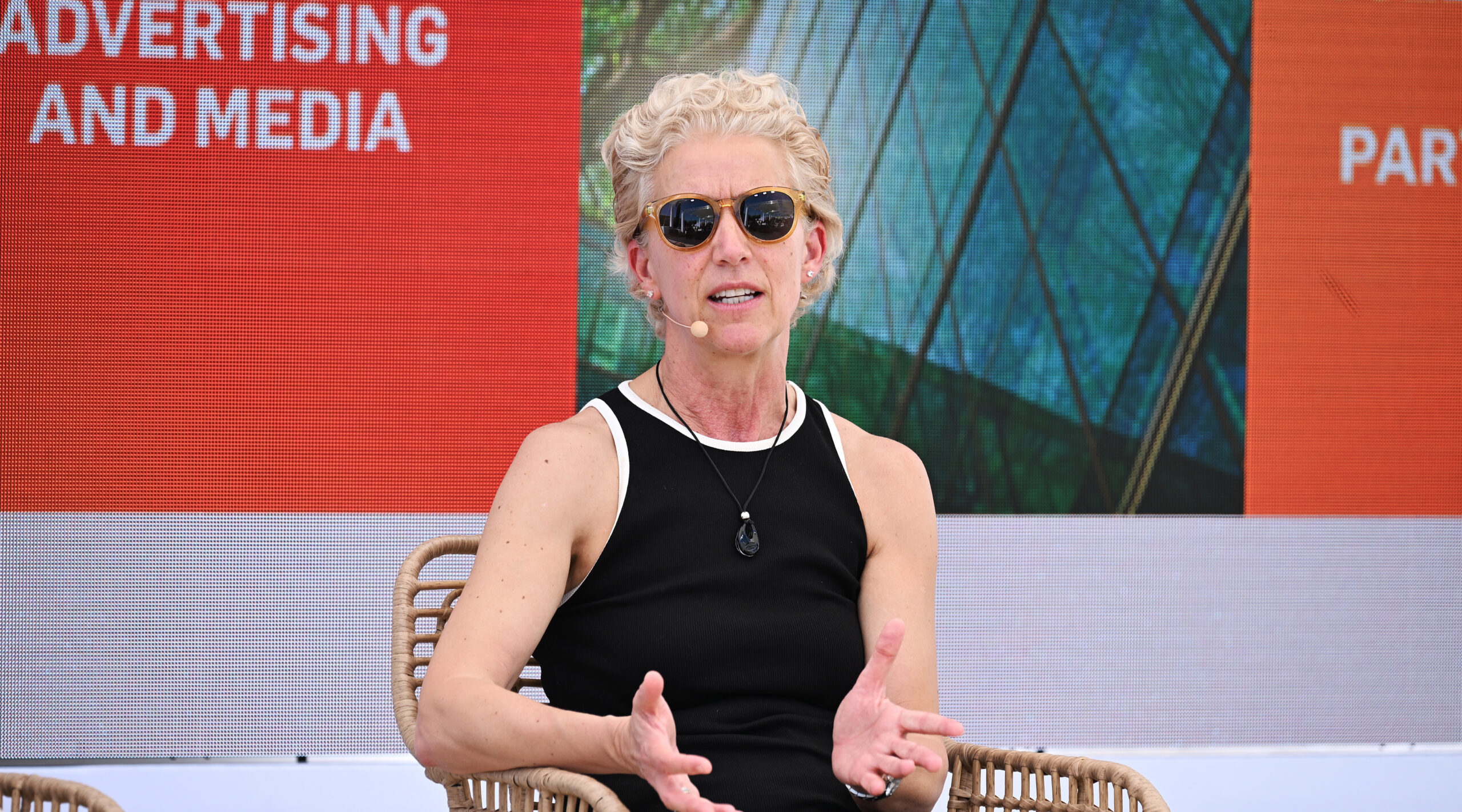
Cristina Diezhandino, CMO, Diageo
Diezhandino explained that for Diageo, one of the world’s leading alcoholic beverage companies, the first step was setting a clear direction. That came in the form of their 2030 Spirit of Progress plan. “That was phenomenally powerful,” she said. “It provided that sense of destination.”
Nobanda echoed that sentiment, noting how critical it was for Nedbank to broaden the definition of sustainability to make it relevant in the South African context – where sustainability can feel out of touch when many consumers are worried about their next meal.
To bring that broader definition to life, Nedbank shifted its social impact strategy to “create jobs, entrepreneurs, and skills development in the green economy”. This new approach allowed them to meet both their sustainability goals and their customers’ most urgent needs.
Innovation Meets Resistance
The panellists agreed that significant changes often come with significant challenges.
For Diezhandino, one of those challenges was internal pushback. When Diageo decided to remove the ornamental boxes from their premium scotch packaging, it seemed like a quick, sustainable win. But internally, the pushback was stronger than expected.
“Even in its simplest forms,” she said, “the job at hand is not always as straightforward as it may seem.”
Nobanda’s challenges came from a different place: the word sustainability itself.
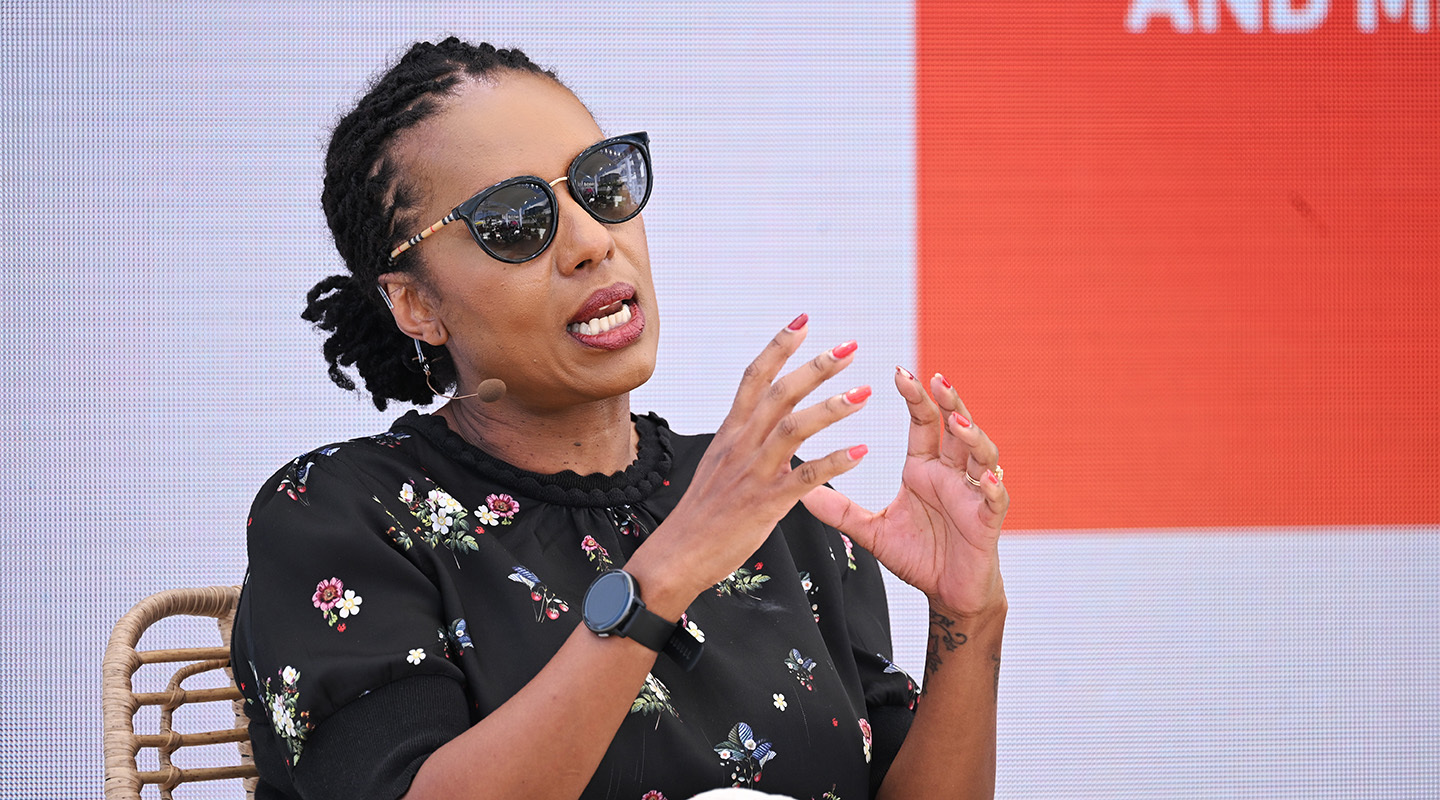
Khensani Nobanda, Group Executive of Marketing, Nedbank
At Nedbank, they noticed that the moment they used the word, many customers tuned out. To keep the conversation going, they had to reframe it in a way that felt relevant and accessible to their audience.
Collaboration as a Force Multiplier
Overcoming sustainability challenges like these often requires collaboration.
To show how Mastercard has harnessed the power of partnerships, Raja Rajamannar shared the story of one of their standout projects.
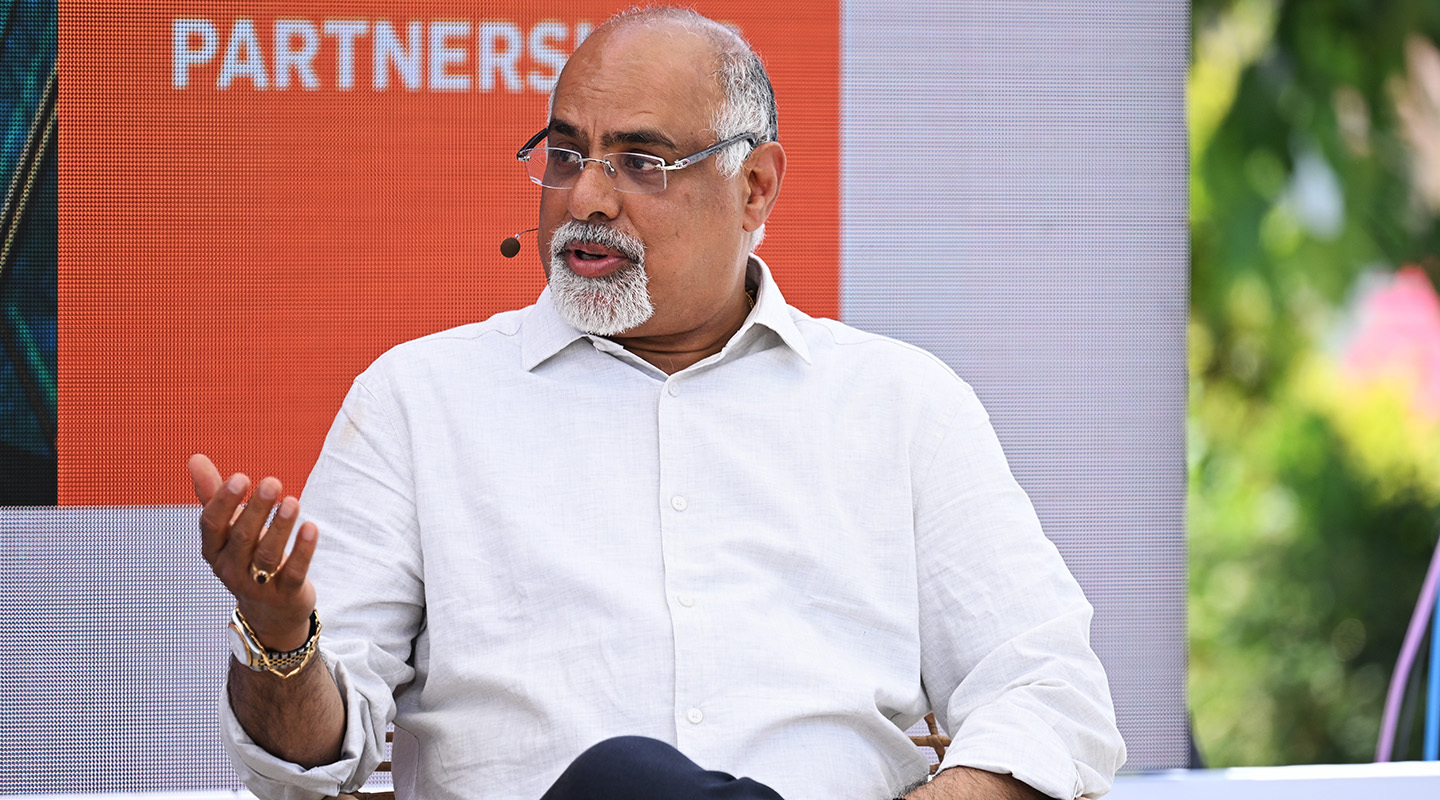
Raja Rajamannar, CMO, Mastercard
During the crisis in Ukraine, over 900,000 Ukrainians sought refuge in Poland, marking one of the largest migrations in Europe since World War II. With many settling in Warsaw, the city’s infrastructure faced significant strain.
In response, Rajamannar’s team developed WhereToSettle – an app that dispersed refugees by helping them find new cities that best suited their needs for jobs, housing, and schooling.
To make it happen, Rajamannar’s team partnered with real estate agencies, education boards, and the Polish government.
The app’s success led Poland to adopt it as an official government tool, and Mastercard even presented it to the United Nations Security Council. Rajamannar credited strategic partnerships as the key to its impact.
He also stressed that this initiative not only did social good, but immensely increased Mastercard’s brand affinity, saying, “If you pursue your purpose, profits will follow, but if you start with profits, you’re compromising your purpose.”
Nobanda agreed with Rajamannar, concluding that no matter the sustainability discourse, marketers should always draw from the purpose of their company and “stick to what [their] brand is about”.
If you’re seeking to champion sustainability at your organisation, access the CMO Blueprint for Sustainable Growth for impactful tools and resources.
Key Takeaways:
- Defining sustainability clearly is essential for meaningful progress.
- Innovation often faces internal resistance – even simple changes can be challenging to implement.
- Language matters: framing sustainability in a way that connects with people’s real needs helps keep the conversation alive.
- Collaboration and strategic partnerships multiply impact, creating social good while strengthening brand purpose and affinity.
IG: @GlobeMediaGroup
X: @CannesLionsCAN
Hashtag: #CannesLions2025
LinkedIn: www.linkedin.com/company/globemediagroup

